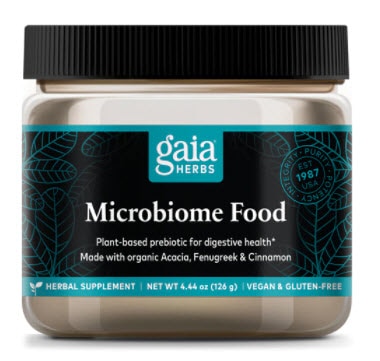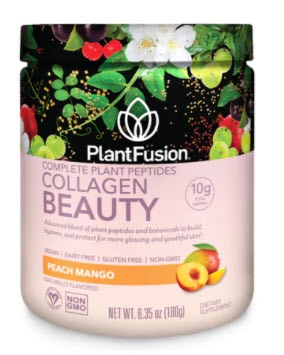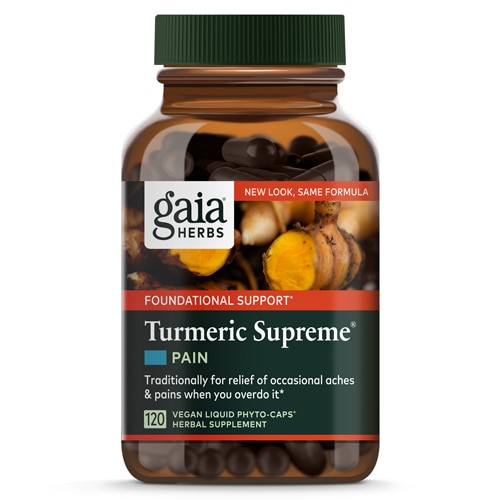One of the beauties of working as a naturopathic physician is that the majority of people I see are immensely connected to their health. They’re open to
functional medicine—the idea of treating the root cause of a condition rather than simply medicating it—and holistic and alternative therapies. They want wellness, and I’m always happy to provide the necessary guidance.

And yet, I come across just as many people who inadvertently make errors when it comes to
natural health—mistakes that can cost them the very well-being they’re after. Here are the five most common missteps and erroneous beliefs I encounter, and how you might overcome them.
5 Common Natural Health Care Mistakes
1. Believing that natural medicine is a panacea
It’s tempting to believe wholeheartedly in the body’s ability to heal itself and the curative powers of nature. However, some believe that natural medicine can address
every condition.
In a word: Untrue. There is a time and a place for both natural and allopathic medicine. For example, a patient recently came into my health center with a skin infection that appeared to be staph and could become cellulitis. While organic ingredients can help some skin conditions, hers required a trip to a dermatologist for topical and systemic antibiotics. On the natural health side, I prescribed her immune-supportive supplements, recommended several dietary changes and gave her
probiotics to support healthy yeast and gut balance—which can be thrown off after a course of antibiotic treatment. This dual plan was central to her recovery.
Bottom line: Natural medicine can help some conditions, but, at times, Western medicine, alone or in conjunction with natural medicine, is essential.
2. …and all supplements are created equal
Whether you’re taking a
multivitamin or a
botanical, it can be alluring to assume that all “natural” supplements aren’t just healthy but also effective.
Alas, not all supplements are created equal. Some supplements are made with deleterious and even toxic
fillers, such as talc, artificial flavors and titanium dioxide. Others may contain only a trivial amount of the herb or vitamin you’ve purchased. Others still may interact with your medications, or may be unnecessary, leaving your wallet lighter (and you that much farther from the impact you desire).
Bottom line: Do your research, always
go with a reputable brand whose bottles have been given the Good Manufacturing Practices (GMP) stamp of approval, and review all of the supplements you’re taking with your physician. He or she may determine that the supplement may do more harm than good or isn’t needed.
3. Thinking that increasing dosage of a supplement will translate to better health
It’s equally appealing to believe that doubling or tripling your dosage of a certain supplement—or several—will accelerate your wellness goals and give you even more robust “health insurance.”
Clients of mine have increased their dosages of
vitamin C and
echinacea, for instance, with the hope of nailing greater immune function—and yet an excess of vitamin C can result in digestive complications and kidney stones, while too much echinacea (or echinacea taken too long) may lead to vomiting, a dry mouth and headaches. What’s more, excessive amounts of some nutrients can cause deficiencies in
other nutrients. A surplus of zinc, for example, can drive down copper levels.
Bottom line: Take only the recommended dosage, and, again, consult with your doctor on what you should take, when, and how much.
4. Believing that one diet fits all
True: Some diets have a tremendously positive impact on some people. I’ve seen clients who have thrived on
the Keto diet; others who have found that nixing dairy and gluten from their lives led to increased energy, improved mental function and a smaller waistline.
And yet, believing that one diet fits all is a myth that can have dangerous consequences. Elite athletes, for one, may find that their bodies require the heme protein found in animal products and should therefore elude vegetarian diets, while my own experience with the Keto diet proved to be unsustainable and unnecessary. For others, intermittent fasting may backfire. Indeed, a study on 1,100 U.S. and U.K. adults, including 240 pairs of twins, found that everyone, including the identical twins, had different responses to the foods they ate.
According to
Time, which published some of the results of the study, “Foods that spiked one person’s blood sugar or kept their fat levels elevated for hours didn’t necessarily do the same for the person dining next to them—even if they were twins. Individuals even had different responses to the same meals when they were eaten at different times of day. These results suggest that nutrition facts alone cannot predict how a certain food will affect health.”
Bottom line: While you should follow some dietary guidelines—aiming to eat plenty of plants, healthy proteins and fats, and
limiting sugar—do know that what works for your best friend may not sit right with you (literally). Experiment with different,
healthy foods and your body and brain’s responses to them, and plan your diet accordingly.
5. Making a self-diagnosis
In this day and age, we want instant answers (and often instant gratification)—and this extends to our health. Type in your symptoms on Google and receive a plethora of info about what you may be suffering from? It seems to be good to true.
That’s because it is. Self-diagnosing—an issue that has risen in the
COVID era and the fear of going to medical facilities—arrives with a host of complications and can be risky, in that playing MD can lead you, and the internet, to misdiagnose the ailment and miss the nuances of what’s actually going on with you. This may keep you from taking appropriate or even critical action.
What’s more, assuming your position as Dr. Internet will almost certainly result in a great deal of undue stress. For this reason alone, I don’t give my clients the results of their labs until an hour before their appointment. Otherwise, many, if not all, would drive themselves into a state of panic.
Bottom line: Befriend your health care professional and check in over phone or email (or book an appointment) if you have any unsettling symptoms. At the same time, refrain from going down the rabbit hole that is the internet, a place, I should add, that is chock full of misleading and inaccurate information. Further, be sure to seek immediate attention if you have any of the following symptoms: chest pain, blood in your stool, vision changes, difficulty breathing, numbness or weakness on one side, slurred speech, fainting and/or a change in your mental state, seizures and vaginal bleeding with pregnancy.
Whether or not your symptoms will be treated with natural or allopathic medicine will be determined by your physician. In the meantime? Ensure you’re doing all you can to sustain genuine, holistic health.
Featured products:


 And yet, I come across just as many people who inadvertently make errors when it comes to natural health—mistakes that can cost them the very well-being they’re after. Here are the five most common missteps and erroneous beliefs I encounter, and how you might overcome them.
And yet, I come across just as many people who inadvertently make errors when it comes to natural health—mistakes that can cost them the very well-being they’re after. Here are the five most common missteps and erroneous beliefs I encounter, and how you might overcome them.





